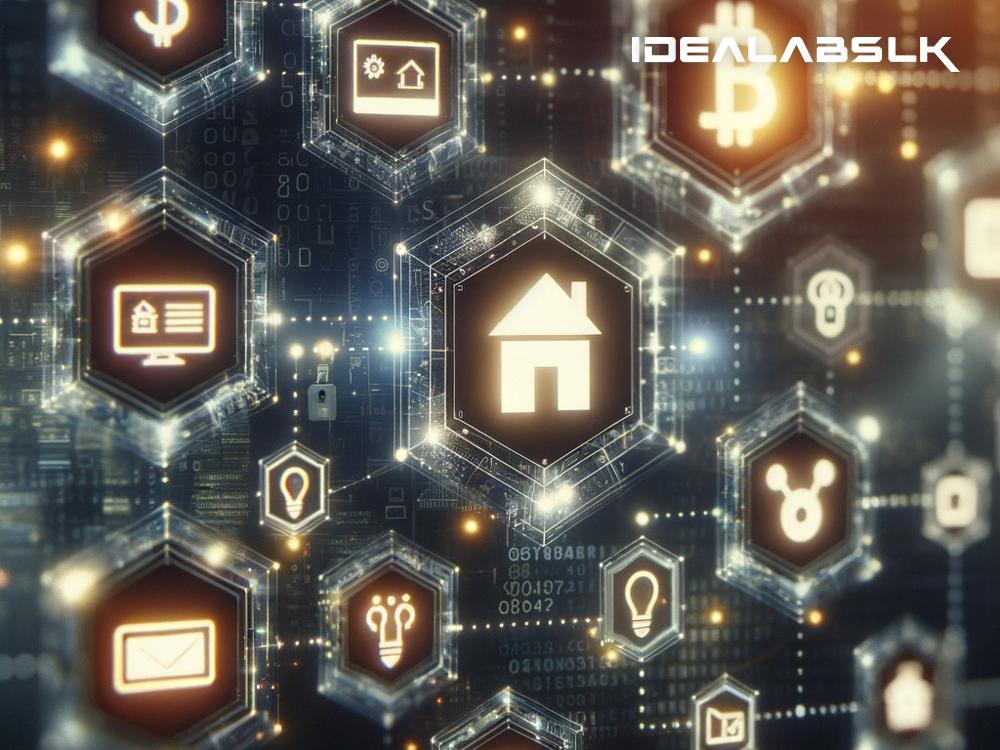In recent years, blockchain technology has gained significant attention for its potential to revolutionize various industries, and real estate is no exception. This innovative technology, which underpins cryptocurrencies like Bitcoin, is now paving the way for more streamlined, secure, and efficient real estate payment systems. But what exactly is blockchain, and how is it transforming the way we buy, sell, and rent properties? Let's break it down into simple terms that anyone can understand.
Understanding Blockchain
Imagine a ledger or a record book that keeps track of transactions, except this ledger is digital, distributed across a network of computers, and each transaction is securely encrypted. That's the essence of blockchain. It's a technology that allows data to be stored in a chain of blocks, each block containing a set of transactions. Once a block is filled, it's linked to the previous block, forming a chain (hence the name, blockchain). This structure makes it incredibly secure and nearly impossible to tamper with, as altering any information would require changing all subsequent blocks in the chain.
The Traditional Real Estate Payment Process
Traditionally, buying or selling property involves a lot of paperwork, intermediaries like real estate agents and lawyers, and a lengthy process of checks and verifications. Besides being time-consuming, this process can be costly and vulnerable to errors or fraud. Payments need to go through banks or other financial institutions, which can add to the delays and fees.
How Blockchain is Changing the Game
Blockchain technology is streamlining real estate payments by cutting through the complexity and offering a more straightforward, faster, and secure method to transact. Here's how:
1. Direct Transactions
Blockchain enables direct transactions between buyers and sellers without the need for intermediaries. This peer-to-peer approach reduces costs, as there are fewer parties involved that require payment. It also speeds up the process, as transactions can be completed as soon as consensus is reached on the blockchain, without waiting for intermediaries to process and verify the transaction.
2. Transparency and Security
Each transaction on a blockchain is transparent and immutable, meaning once it's recorded, it can't be altered or deleted. This transparency reduces the chances of fraud, as everyone involved can see the transaction history. Moreover, blockchain's security features make it incredibly difficult for unauthorized parties to tamper with transaction records.
3. Tokenization of Assets
One of the most exciting applications of blockchain in real estate is the tokenization of assets. This involves dividing property into digital tokens that represent ownership shares. These tokens can be bought and sold on blockchain platforms, making real estate investment more accessible and liquid. It's like owning a piece of a property without having to buy the whole thing, and you can easily sell your share whenever you want, without the hassle of traditional real estate transactions.
4. Smart Contracts
Smart contracts are self-executing contracts with the terms of the agreement directly written into lines of code. In the context of real estate, they can automate various aspects of the buying and selling process, such as releasing funds when certain conditions are met (e.g., passing a property inspection). This automation not only accelerates transactions but also ensures that all parties fulfill their obligations, as the contract automatically executes actions based on predefined rules.
The Future is Now
Blockchain in real estate is still in its early stages, but its potential to streamline payments and make the market more accessible and efficient is undeniable. Several startups and companies are already experimenting with blockchain-based real estate platforms, and some jurisdictions are looking into using the technology for land registries and property records.
As blockchain technology continues to mature and more players in the real estate industry adopt it, we can expect to see a significant transformation in how properties are bought, sold, and managed. The future of real estate payments is here, and it's built on blockchain.

